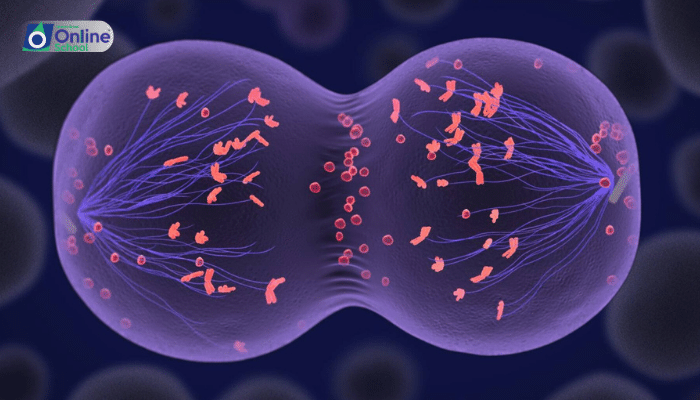
Learning Outcomes in Listing:
i. Understand the role of meiosis in maintaining the chromosome number across generations.
ii. Recognize the contribution of meiosis to genetic diversity in offspring.
iii. Comprehend the biological significance of meiosis in evolution and species survival.
Summary
In this lesson, students will explore the vital importance of meiosis as a biological process. They will learn how meiosis meticulously halves the chromosome number to produce gametes, a key mechanism in maintaining species identity through generations. Additionally, students will understand how the unique reshuffling of genetic material during meiosis contributes to the variety in offspring, driving evolution and adaptation within populations.
Summary of Lesson:
Meiosis is not merely a method of cell division; it is a finely tuned process essential for sexual reproduction. This lesson will focus on the critical roles meiosis plays in preserving the chromosome number from one generation to the next and in fostering the diversity that is fundamental to the adaptability and survival of species.
i. Maintenance of Chromosome Number
- Meiosis ensures that despite the fusion of two gametes during fertilization, the resulting offspring will have the same chromosome number as the parents, thus maintaining the species' chromosome number across generations.
ii. Production of Variety
- Through mechanisms such as crossing over during prophase I and the random assortment of chromosomes during metaphase I, meiosis produces gametes with varied genetic combinations. This variability is the raw material for evolution, as it allows populations to adapt to changing environments.
List of Important Questions for Self-Study:
i. Why is it crucial for organisms that reproduce sexually to maintain a stable chromosome number?
ii. How does meiosis differ from mitosis in terms of genetic outcomes?
iii. What is crossing over, and why is it significant for genetic diversity?
iv. How does the independent assortment during meiosis contribute to genetic variation?
v. Why is genetic diversity important for the survival of species?
Important Terminologies Used in Lesson:
i. Meiosis: A type of cell division that reduces the chromosome number by half and results in the production of four gamete cells.
ii. Gamete: A mature haploid male or female germ cell that is able to unite with another of the opposite sex in sexual reproduction to form a zygote.
iii. Crossing Over: The exchange of genetic material between homologous chromosomes during meiosis I.
iv. Independent Assortment: The process by which chromosomes are distributed randomly during meiosis, contributing to genetic variation.
v. Haploid: A cell that has half the usual number of chromosomes, typically found in gametes.